The U.P.’s Culture Clash with Tourists
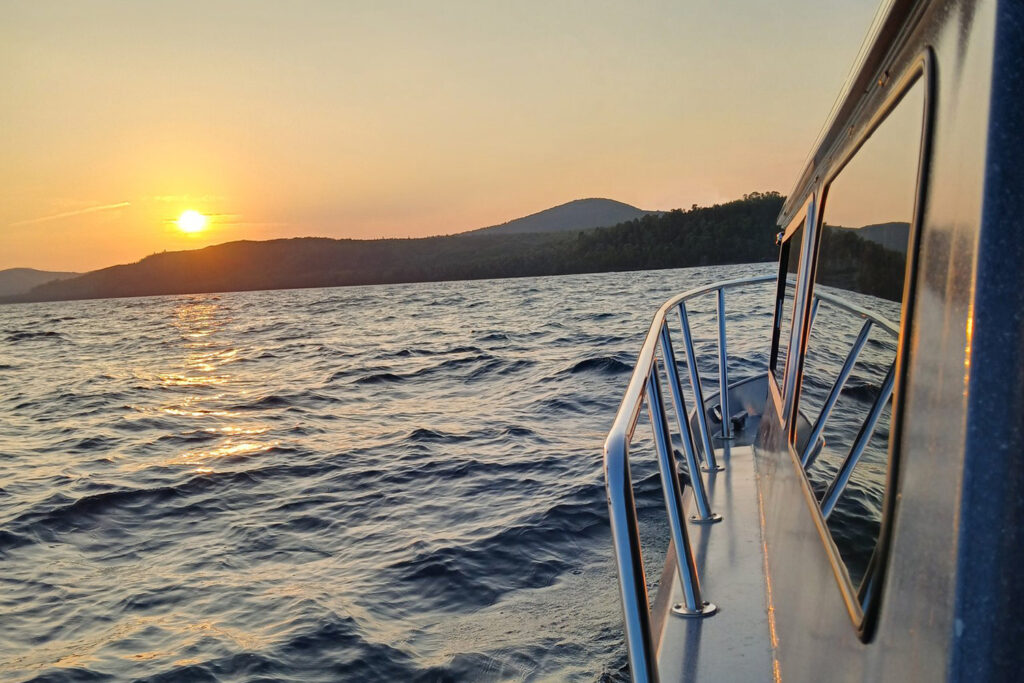
Calumet — Every year around July 4th, the streets here swell with cars. US-41 runs right through the heart of town, past the high school and the old mining homes. It’s still two lanes wide, not quite enough for days like this. My garbage man gave me a fair warning this morning, as I passed him when I left for work. “Kind of a pain in the ass,” he said, and he’s right. Around Labor Day, and again during the peak of fall colors, I have to bake in an extra 10 minutes for my drive to work—but then our town should be safe until next summer.
It is a strange feeling to watch the roads you frequent suddenly inundated with the newest SUVs. All of them seem to have some bumper sticker for a golf club or fishing gear that no one who actually lives up here can afford. Simms and Patagonia aren’t typically found in the closet of a Yooper. Tourists are an annoying and seemingly necessary part of life here. Many local businesses depend on them, and we couldn’t get along without them—at least that’s the line anyway.
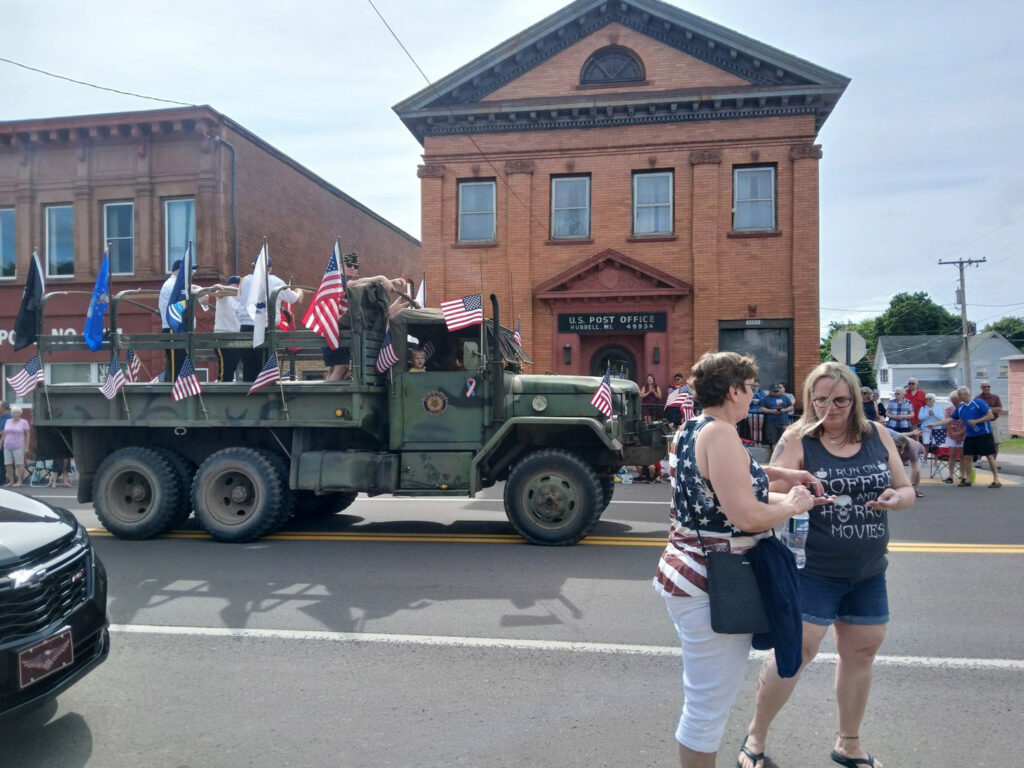
Most everybody wonders: Should we really have to deal with them? We have our own culture and economy. That’s the whole reason they come here. The Upper Peninsula is both rugged and charming, because its people are the same. The weather chisels attitudes in the same way it chisels into bedrock. The blowing snow and the below-zero temps eliminate the faint of heart. Those who are left can endure tough conditions, and we end up especially grateful for the pleasant days.
A place is reflective of its people and vice versa. Any attempt to shortcut this fundamental connection ends up turning out like Traverse City.
If you wanted a beautiful natural landscape with all the amenities of Metro Detroit, you end up with Metro Detroit. It too was once a beautiful landscape.
Don’t get me wrong—we’re certainly happy that people visit, but we locals keep secrets. There is a certain unspoken code that particular restaurants, fishing holes, or hiking spots are not to be mentioned in the presence of trolls (those who live below the bridge). In return for silence, we get to go about our daily lives and, in the evenings after work or on long weekends, we enjoy these places without the swarm of suburban moms toting hiking sticks. Without these peaceful places, we would lose the reason we live here.
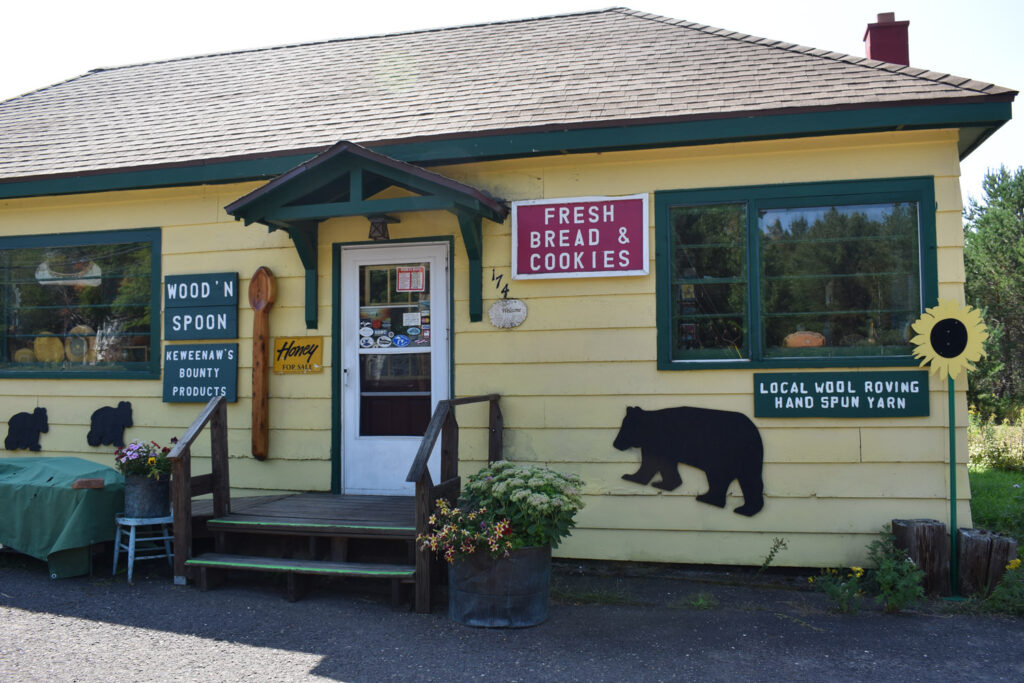
You’ll occasionally hear the boldest Yoopers say that we should secede from downstate, that our cultural beliefs are too different, that Lansing does not represent our interests. But the majority know that this is not a realistic solution. State and federal funds support a massive amount of infrastructure in the Upper Peninsula. If we did not have support from the Lower Peninsula, it’s likely many municipalities would drastically slash the number of roads they maintain due to a lack of funds. This is not to mention the nearly $1.4 billion in revenue tourism brings to the Upper Peninsula.
But where does that leave us, the people who built the place that downstaters come for a week’s vacation? We don’t all work in tourism. In fact, portions of the Upper Peninsula have been growing their manufacturing and business sectors since their trough in the 1990s. Now we have software companies, build satellite thrusters, and operate America’s primary nickel mine.
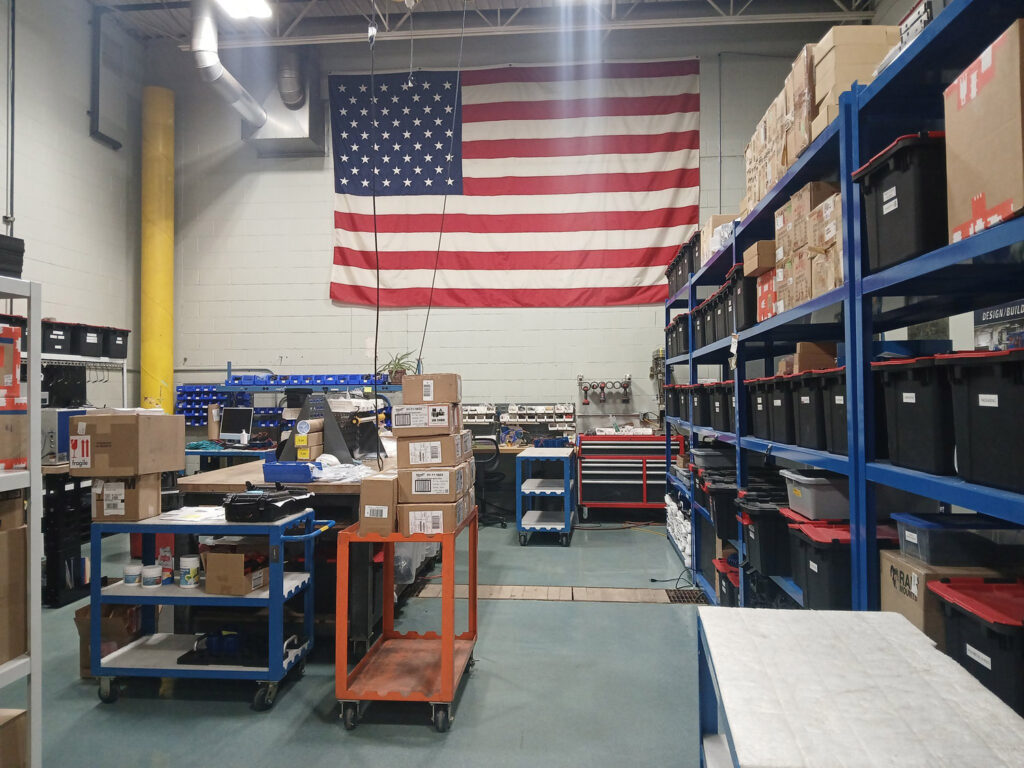
Somehow we must strike the balance. Without our blue-collar jobs and healthy small towns, we would lose the charm that keeps people coming here. To some extent that means gatekeeping. This means your neighbor who moved in last year should not have the same social credit as the old duffer who grew up running the skiff at the Ahmeek shaft. A recent transplant’s thoughts about how the community should be run are inherently less valuable than the guy who has spent his life here. It’s a sensitive situation, but one that must be true if there is hope in maintaining all that we love about this place.
The cashier at Krupp’s Mini-Mart in Toivola once told me you must shovel snow for five winters to be considered a Yooper. Some locals think you have to have been born here. This gives me pause because I moved here only nine years ago. But I have done my best to lay low, to be modest and laborious like my neighbors. Maybe one day I will confidently call myself a Yooper.
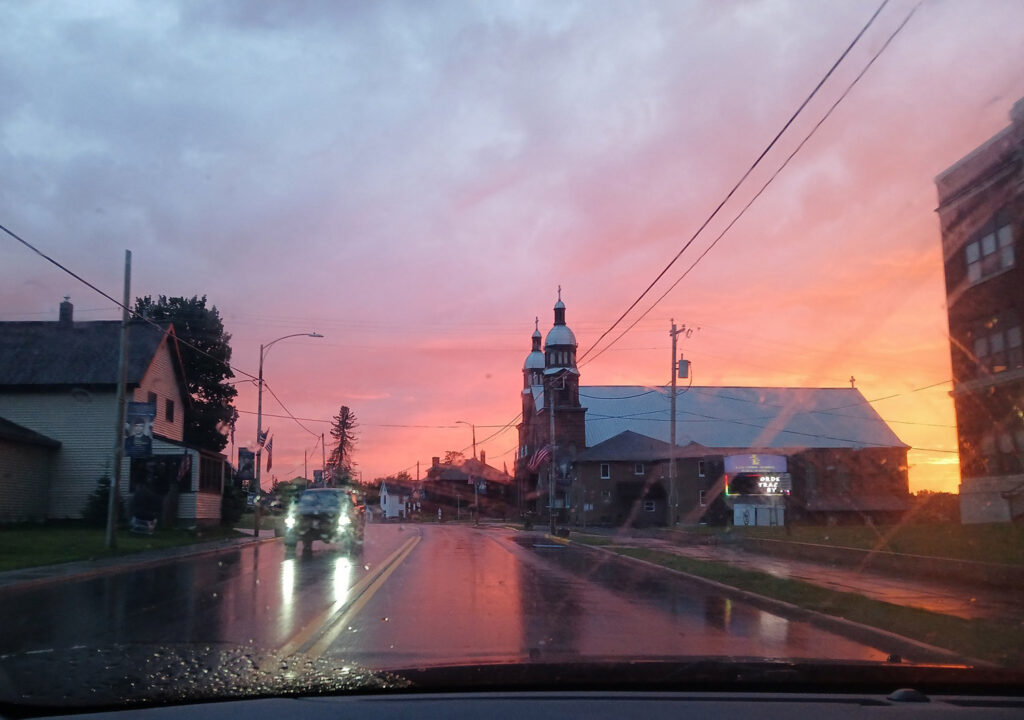
With the fall colors nearing, we labor on, working our middle-class jobs, building Airbnbs to house the tourists, loading lumber out of the big woods, and attending church every Sunday. These are pillars essential to both the tourists and locals. Our institutions must be maintained. Without them, both parties will suffer. The tourist and the logger are intertwined, whether they like it or not.
Jack Zwart is an advocate for Michigan manufacturing and rural culture. Follow him on X @rustbeltkid1.